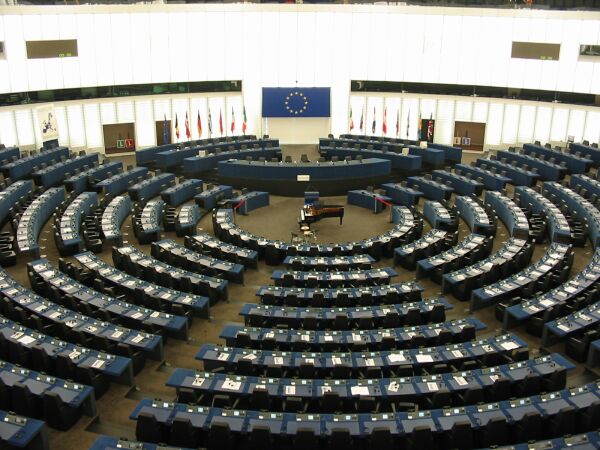
Supranational democracy adrift? The 2019 elections and the future of Europe?

In
In May 2019, European citizens will elect a new European Parliament (EP). This Egmont paper discusses what is at stake in these elections, and how they are likely to affect the EU’s search for a new direction in a context of crises, divisions and Euroskeptical contestation. The paper identifies three important developments: polarization on European integration, the erosion of ideational convergence at the elite level and a shared desire to “deliver”, to get citizens back on board. These factors pose constraints to supranationalism and to the European Parliament. Future integration seems more likely to continue on the path of diversified new intergovernmentalism. Such integration does not fix the EU’s democratic deficit, however. In fact, it makes matters worse and can be expected to lead to more Euroskepticism. Therefore, this paper recommends that national parliaments are involved in diversified new intergovernmentalist decision-making in ways that avoid the deadlocks, incrementalism and lack of concern for the EU’s common interest of pure intergovernmentalism. In the long run, the process of European integration can only be secured through political and democratic integration. This implies a validation of the political role of the EP and its elections in the EU’s decision-making. Cosmetic adjustments like the controversial “Spitzenkandidaten process” or the proposed (and rejected) concept of a pan-European constituency will not suffice to achieve that goal.
(Photo credit: by Cédric Puisney – Eigen werk, CC BY-SA 3.0, Wikimedia Commons)